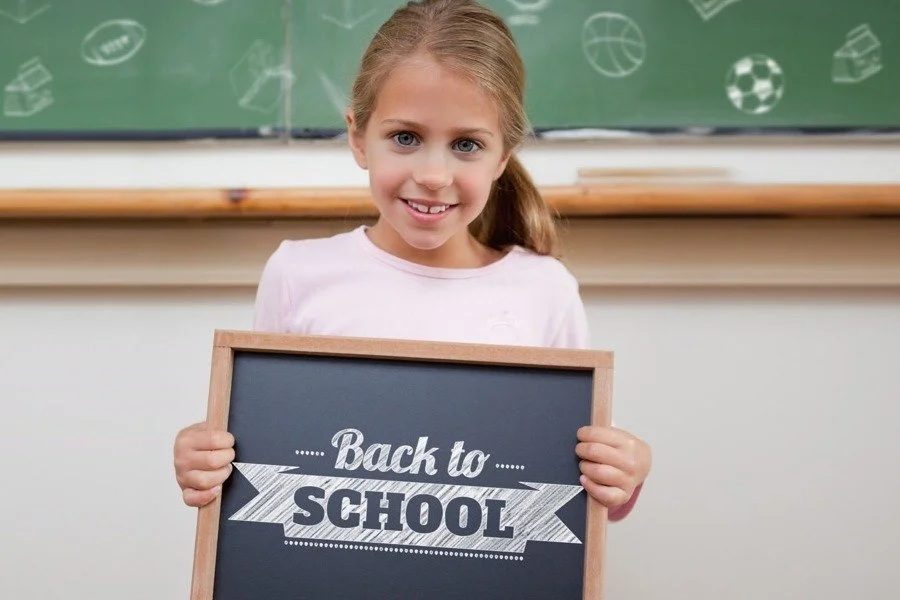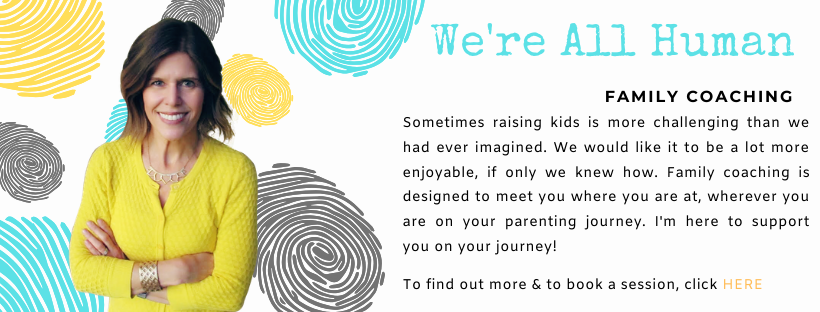A new school year can feel like a fresh start—but it often comes with its fair share of jitters. Many kids and teens feel nervous about what’s ahead, and as parents, we’re often balancing our own worries, too. The good news? With a bit of preparation and awareness, you can help your child feel more confident and supported as they head back to school.
Creating a Supportive Environment at Home
A child’s emotional well-being starts with the tone you set at home. Your own stress and anxiety are contagious, so take a deep breath and model calm confidence. Keeping a positive outlook can make a world of difference in how your child approaches change.
Think ahead to smooth transitions—shift bedtimes gradually, prep clothes the night before, and keep mornings as stress-free as possible. Just as importantly, protect your child’s downtime. Overscheduling can leave kids feeling frazzled, so allow space for relaxation and unstructured play after school.
Most of all, validate their feelings. Starting something new is hard, and fear of the unknown is real for kids and teens. Let them know it’s okay to feel nervous and that you’ll be there to support them every step of the way.
When Sadness or Hopelessness Lingers
It’s normal for children to feel nervous or even down from time to time. But if your child shows persistent signs of sadness, hopelessness, or withdrawal, don’t wait to act.
Start by scheduling an appointment with their pediatrician or a mental health professional. Many doctors now screen for depression and anxiety and can refer you to specialists if needed. Also, reach out to your child’s school. Counselors, social workers, and teachers are valuable allies who can provide resources, offer check-ins, and help your child feel connected during the school day.
Keep communication open with teachers, letting them know your concerns so they can watch for red flags. And remember—seeking help early can make a big difference in your child’s long-term well-being.
Warning Signs to Watch For
How do you know when your child may be struggling with their mental health? Common warning signs include:
Developmental regression (such as reverting to behaviors they’d previously outgrown)
Non-compliance or frequent defiance
Anger and aggression
Anxiety or panic symptoms
Apathy or withdrawal from activities they once enjoyed
Physical symptoms like stomachaches, fatigue, or trouble sleeping
Trust your instincts. If something feels off, it’s worth investigating further.
Easing Back-to-School Anxiety
Most kids feel some level of anxiety as a new school year begins. Help your child build confidence by talking through what’s ahead. Highlight exciting milestones, such as a long-awaited 5th-grade camping trip or new responsibilities like riding their bike to school.
Familiarity also reduces anxiety. Take time to visit the school and meet their teacher before the first day. Organize playdates with both old and new classmates to help strengthen social connections. And above all, remind your child they’re not alone—many of their peers are feeling nervous, too.
Supporting Teens
Teens face unique challenges, from juggling increased independence to navigating social pressures. Encourage them to explore extracurricular activities or clubs where they can build confidence and find a sense of belonging.
Talk openly about self-image concerns and reinforce the importance of sleep, nutrition, and balance. Structure is still key—work together to create shared agreements about homework and screen time that foster independence without sacrificing accountability.
Don’t Forget About Yourself
Finally, remember that your own well-being sets the tone for your family. The back-to-school season can be stressful, with inflation, lingering health concerns, and packed schedules adding pressure. Carve out time for yourself, even if it’s just a quiet walk or a moment to breathe. Processing your own stress helps you stay calm and present for your kids.
By fostering open communication, building supportive routines, and prioritizing your own well-being, you can help your child start the school year feeling secure and ready to thrive.
LEARN MORE HERE




